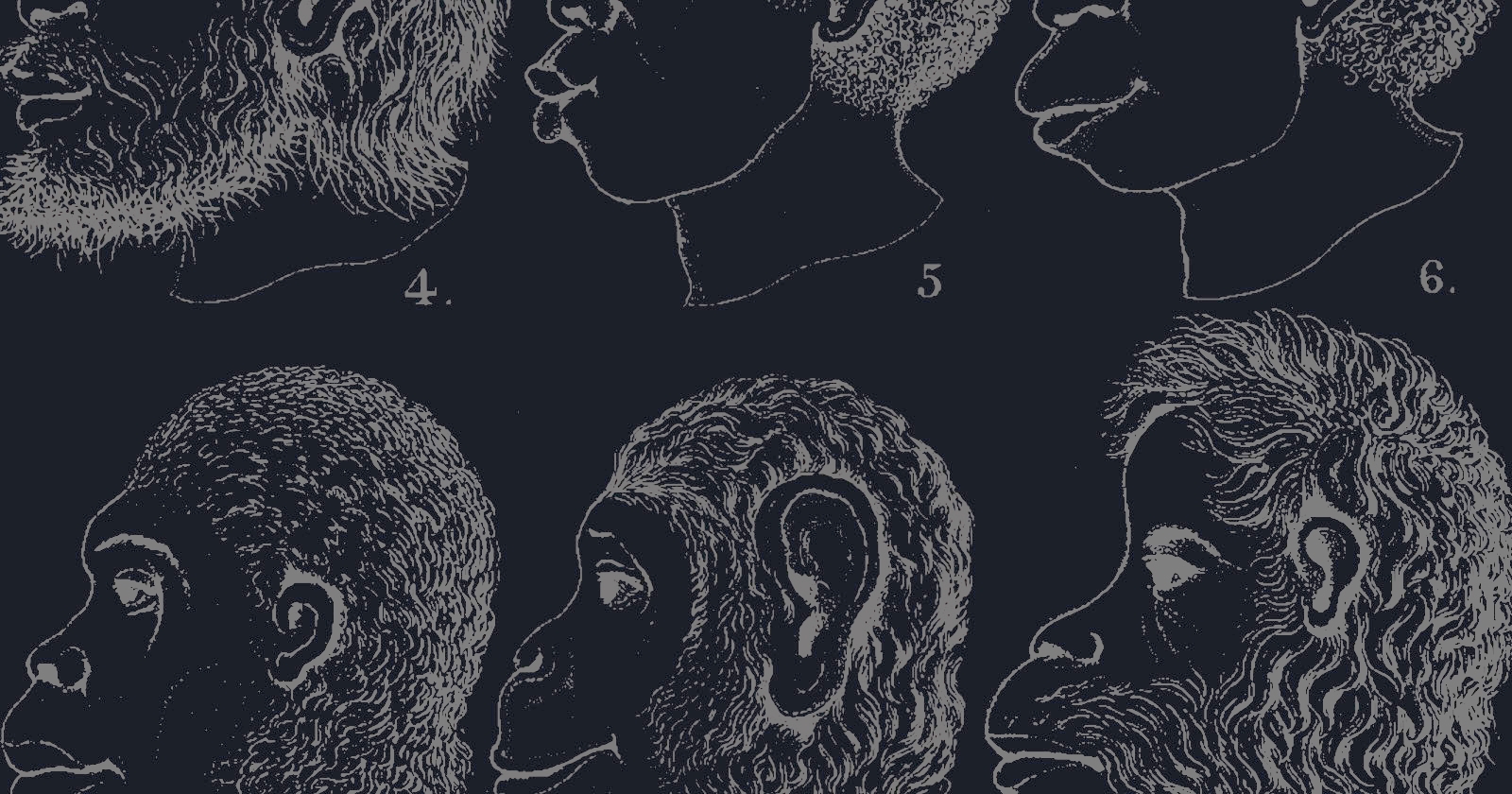
James Tour: The Goalposts are Racing Away from the Origin-of-Life Community
On today’s ID the Future distinguished nanoscientist James Tour explains to host Eric Metaxas why the origin-of-life community is further than ever from solving the mystery of life’s origin, and how the public has gotten the false impression that scientists can synthesize life in the lab. Tour explains that origin-of-life scientists aren’t even close to intelligently synthesizing life from non-life in the lab. The problem, Tour says, is that some leading origin-of-life researchers give the impression they are right on the cusp of solving the problem. Not so, Tour says. He offers the analogy of someone claiming, in the year 1500, that he has the know-how to build a ship to travel to the moon, when no one yet knows even how to build an airplane, car, or car engine. Tour says that if he took a cell that had just died a moment before and asked top origin-of-life researchers to engineer it back to life, they couldn’t do it. They’re not even close to being able to do it. And yet all the ingredients, all the building blocks of life are right there, all in one place, in the right proportions. And not only can scientists not engineer those ingredients back to life, they still can’t synthesize even a fraction of the building blocks essential to cellular life, despite decades and millions of dollars poured into the problem. And yet they assume that purely blind material processes turned prebiotic chemicals into all the key building blocks, and then mindlessly engineered those into the first self-reproducing cell on the early Earth. There are no models that would make such a scenario plausible. And the more we learn about cellular complexity, the harder the problem gets. Indeed, as Tour puts it, origin-of-life research is like moving down a football field in nanometer increments while the goalposts are racing away. What’s left is only the dogmatic assumption among origin-of-life researchers that the first life must have appeared on Earth purely through blind material forces. Tour has made it his mission to show the broader scientific community and the public that the emperor has no clothes. Not surprisingly, the origin-of-life community has not responded with heartfelt gratitude. Tune in to hear more of Tour’s argument and to learn what kind of blowback he has experienced. The interview is reposted here with permission of Eric Metaxas and Socrates in the City. Find James Tour’s many videos on the origin-of-life problem here.





